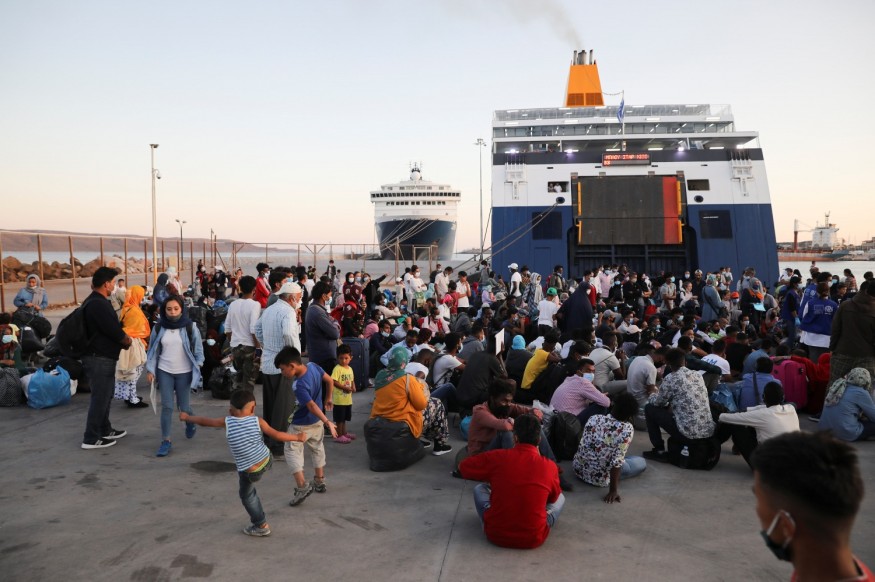Migrants are more vulnerable to climate change effects due to stricter border policies. People in vulnerable communities, such as in low-lying or dry and hot countries, decide to make: to stay home where livability is less feasible, or migrate to lands having better, stable climate and available livelihoods.
The Effects of Border Policies
New research by Princeton University scientists has been published in the journal PNAS, suggesting that strict border policies may cause more people to be vulnerable to adverse climate conditions in their countries of origin. This negatively affects economic growth due to their limited ability to migrate away from places with a progressively worsening climate. These conditions include rising sea levels, heatwaves, and drought.
However, when these people were allowed to move more freely, the migrants and the countries they came from become less vulnerable.

READ: New Five-Year Carbon Market Pilot Program Gives Conservation Funding for Land Trusts
The Research Analysis
SPIA or School of Public & International Affairs Ph.D. candidate and co-lead study author Hélène Benveniste, together with the research team, incorporated migration in a model typically used in estimating how much climate change affect nations.
In the global climate policy and international migration arena, it seems that previous researchers only focused on the effects on host countries. They typically do not consider the origin countries nor the migrating population.
Research Focus
The research focused on two queries. The first is about what climate change exposure means to people in different parts of the world and their capacity to deal with its impacts. The second focuses on who can migrate and who are forced to stay.
Integrated Assessment Modeling
A standard model for the global economy and the climate was used, called an Integrated Assessment Model. It provides a simplified migration representation in which the researchers included cash remittance and migration dynamics. The remittance flow between individuals in the two countries is an essential component because cash remittances from a family overseas can lift a developing country's economy.
The study measured climate change exposure by quantifying its effects on people, such as where they will likely go and the financial resource they might possess.

Testing the Model
The model's accuracy was tested by varying the intensities of various border policies. The study looked at the effects these policies have on people's income and their capacity to migrate.
The researchers simulated conditions up to 2100 using actual migration patterns from previous research and World Bank data. They considered factors such as demography, economics, and income and migration variation between different places.
READ ALSO: EPA to Declare Ameren's Largest Coal Plant as Air Quality Compliant, Critics Disagree
Results of the Study
The study found that vulnerability and exposure to climate change impacts are higher in poorer countries. The desire to live in areas less exposed to these impacts causes people to migrate. Many also move due to financial considerations.
The researchers found that when people are permitted to move freely, they usually send money home, providing a significant income source for their home country. Money can reduce climate change vulnerability, as well.
SPIA researchers have studied climate change and its relation to migration in over ten years using various models. The purpose is to provide the basis for border policies and other laws that will improve the conditions of migrants and people and countries in the context of climate change.
READ NEXT: 5 Controversial Policies in the US Related to Climate Change
Check out more news and information on Environmental Policies on Nature World News.
© 2025 NatureWorldNews.com All rights reserved. Do not reproduce without permission.





